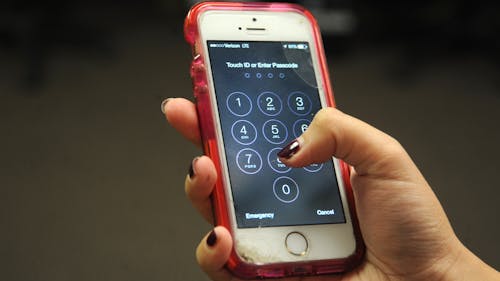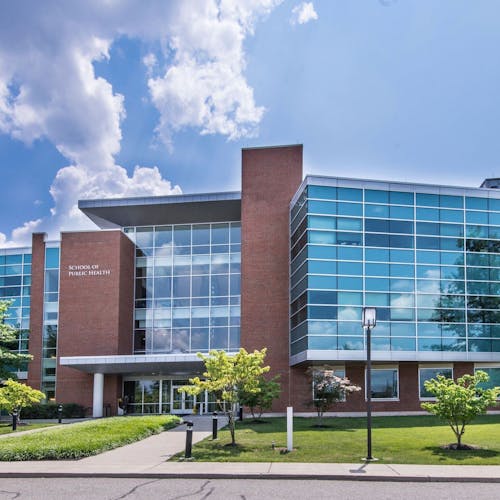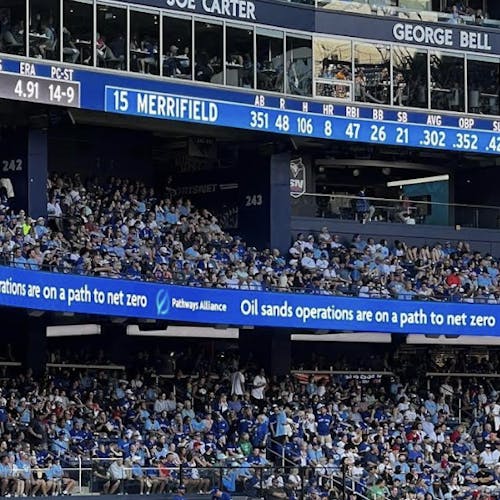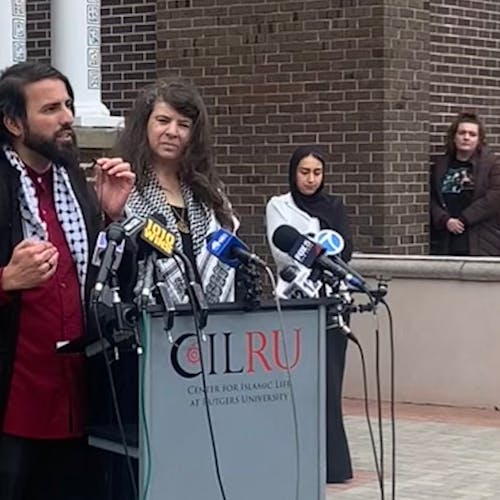Apple, FBI collide over privacy, security concerns

Personal liberties are important to society, said former Congressman Ron Paul (R-Tex.) last Saturday. Apple Inc., one of the largest technology companies in the country, has been asked by the FBI to help the government break into one of their iPhones. This request has been followed by a court order.
The device in question was a work phone used by Syed Farook, one of the shooters who killed 14 people in San Bernardino last year. The phone’s password was reset while it was in official custody, preventing it from syncing to the iCloud.
The data on the phone could be synced to the cloud, which Apple has access to, until the password was changed. Since the password on the device no longer matches the password on the account, the data no longer syncs.
Apple has access to data on iCloud, but cannot access its physical devices. The court order states that the company must create a way to access the data on the device, which the FBI can then use to determine what Farook did with it after the last synchronization in October.
Tim Cook, chief executive officer of Apple, said in an open letter that the company would not comply with the order, and would take the government to court to ensure the security of their devices.
“Compromising the security of our personal information can ultimately put our personal safety at risk. That is why encryption has become so important to all of us,” he said.
Users keep a large amount of personal information on their devices, he said. If Apple were to create a “backdoor” for the iPhone, there would be little stopping hackers from taking advantage of it for their own ends.
“While the government may argue that its use would be limited to this case, there is no way to guarantee such control,” he said.
The backdoor would not have a lasting impact, said FBI Director James B. Comey in an open letter. Because technology is always evolving, it would be rendered “obsolete” before long.
“We simply want the chance, with a search warrant, to try to guess the terrorist’s passcode without the phone essentially self-destructing and without it taking a decade to guess correctly,” he said in an open letter.
The FBI was aiming to complete a “thorough and professional investigation,” he said. The bureau only wants to fulfill their mandate.
American citizens should determine how they want privacy to be treated, he said, because the aftermath of the San Bernardino attack shows there is a balance between it and safety.
“That tension should not be resolved by corporations that sell stuff for a living,” he said. “It also should not be resolved by the FBI, which investigates for a living.”
The problem, Cook said, is that creating a backdoor would set a precedent for other government or law-enforcement agencies to ask for assistance in breaking into devices at any point.
The backdoor would make it easier for these groups to also ask Apple for more assistance in the future, he said.
“(The government) would have the power to reach into anyone’s device to capture their data. (It) could extend this breach of privacy and demand that Apple build surveillance software to intercept your messages, access your health records or financial data, track your location or even access your phone’s microphone or camera without your knowledge,” he said.
The FBI does not want to break into other devices or let anyone break into whatever they find, Comey said.
Cook said Apple does believe the FBI has good intentions, but the mere existence of what they want will have harmful repercussions.
“I hope folks will remember what terrorists did to innocent Americans at a San Bernardino office gathering and why the FBI simply must do all we can under the law to investigate that,” Comey said. “I also hope all Americans will participate in the long conversation we must have about how to both embrace the technology we love and get the safety we need.”



